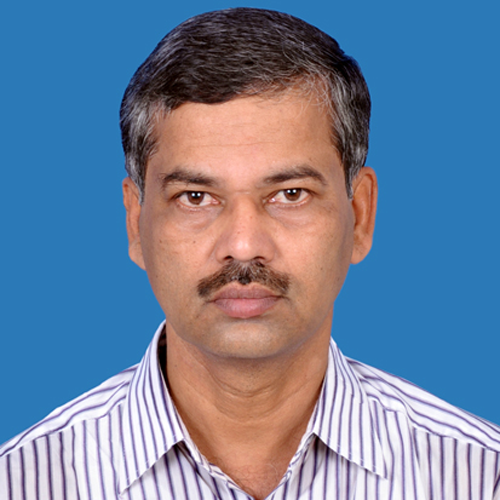Background
Coastal ecosystems and associated biodiversity are under severe threat due to global climate change and subsequent sea level rise (SLR). Mangroves, as a socio-ecological system, are of paramount importance for combating climate change, ensuring the sustainability of coastlines, and supporting coastal communities. Despite providing numerous ecosystem services and tangible benefits to society, these ecosystems are facing immense pressure from both anthropogenic and natural causes. For instance, the rate of sea level rise in the Indo-Pacific region, which holds the highest mangrove area and species diversity, is much higher (3.14 mm/yr) than the global average (2.5 mm/yr). Although mangroves provide coastal resilience against rising sea levels, the accelerated rate of SLR inhibits mangroves’ natural adaptation processes. These challenges are exacerbated by increased urbanization, aquaculture expansion, and other related land use changes that hinder the landward movement of mangroves. Overall, this leads to increased coastal vulnerability and poor ecosystem resilience.
Our ability to respond to such challenges and identify appropriate nature-based solutions is limited by the lack of baseline information and scientific data on these vulnerable zones.
Andhra Pradesh has approximately 580 sq km of mangrove area, which harbors rich biodiversity and contributes to local fisheries. The state has an opportunity to conserve and restore these areas to enhance the resilience of its coasts and ensure coastal sustainability. The success of appropriate restoration actions and priorities is more likely when they are based on location-specific ecological information and driven by adaptive management decision-making.
Study Area – Coringa Wildlife Sanctuary

- Kakinada District of Andhra Pradesh.
- Established in 1978 and spans approximately 236 square kilometers.
Biodiversity

Flora: 16 true mangrove and 19 associates species.

Fauna: 245 bird species and 14 mammals, including Fishing Cat (Prionailurus viverrinus) & Smooth-coated Otter (Lutrogale perspicillata).
Socio-Economic Importance

CWS is estimated to provide economic benefits of approx INR 549.6 crores every year (2011).

CWS is an important tourism attraction and contributes positively towards public awareness about mangroves ecosystems.
Aim
The project aims to establish ecological monitoring sites to help understand future climate change vulnerability of mangrove ecosystems within Coringa Wildlife Sanctuary (CWS). Information and scientific data will help to evaluate the efficacy of current restoration and conservation practices and allow us to build robust scientific management practices for conservation of mangroves. Currently the project is aimed to carry out scientific data collection for the next 1-2 years.
Activities
The goals of the project will be achieved by engaging in activities which consist of field-based studies, data and information collection, analysis and knowledge exchange, communication and capacity enhancement. These includes:

Establishing ecological monitoring sites to understand the vegetation characteristics, carbon stocks, and the influence of environmental parameters (salinity, pH, inundation frequency, etc) on the mangrove ecosystem.

SEstablishing a network of rod surface elevation tables (rSETs) to understand sedimentation and subsidence rates.

Training opportunity for mangrove monitoring and best practice for mangrove restoration aimed at forest department staff members, and researchers in local institutions and other stakeholders.
Program Outcomes
- Scientific information for informed decision-making.
- Long-term ecological monitoring scheme for adaptive management.
- Identification of mangrove restoration priority areas.
- Planning interventions for mangrove conservation and management.
Impact on Climate Efforts
- Enhancement of India’s climate ambition by developing baseline information.
- Improvement in carbon stock inventory from coastal systems.
- Refined and accurate accounting for carbon sources and sinks in the context of nationally determined contributions (NDCs).
Project Team
Andhra Pradesh Forest Dept.

Shri. Y. Madhusudhan Reddy IFS

Shanti Priya Pandey IFS,

Shri. Y. Sreenivas Reddy IFS

Smt. S. Bharani IFS
CIFOR-ICRAF

Giridhar Malla

Utchimahali M

Samakshi Tiwari

Rupesh Bhomia
Collaborators

Richard MacKenzie

Sahadev Sharma

R. Ramasubramanian
Contact
Rupesh Bhomia
Senior Scientist, Climate Change
CIFOR-ICRAF
Email: R.bhomia@cifor-icraf.org
Shiv Dhyani
Country Director, India
CIFOR-ICRAF
Email: S.dhyani@cifor-icraf.org






